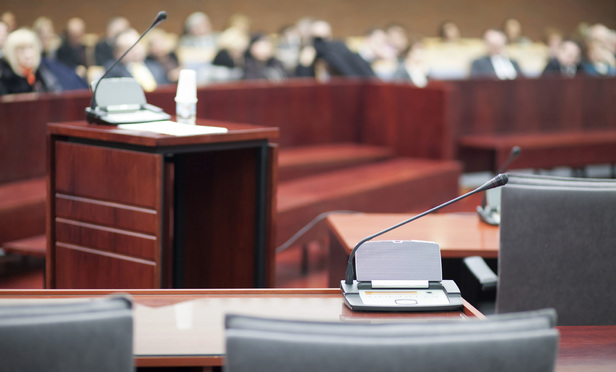In the age of the vanishing jury trial, seasoned trial lawyers arguing well within the rules increasingly find themselves under attack from litigators unfamiliar with the line between proper and improper closing argument. Just as the rules of football provide for clear rules of engagement, so too have the courts developed rules of engagement for closing argument, permitting advocates to emphasize the bias of parties as well as hyperbole based on the evidence. Here are a few of those highlights.
1. Follow the evidence. Rule 269(e) of the Texas Rules of Civil Procedure require counsel to confine argument “strictly to the evidence and to the arguments of opposing counsel.” But “strictly” in this context leaves open wide areas for the advocate who has elicited significant amounts of favorable evidence. As Chief Justice Wallace Jefferson observed in the 2013 Texas Supreme Court decision In re Toyota Motor Sales, “any evidence in the record is fair game.”
This content has been archived. It is available through our partners, LexisNexis® and Bloomberg Law.
To view this content, please continue to their sites.
Not a Lexis Subscriber?
Subscribe Now
Not a Bloomberg Law Subscriber?
Subscribe Now
LexisNexis® and Bloomberg Law are third party online distributors of the broad collection of current and archived versions of ALM's legal news publications. LexisNexis® and Bloomberg Law customers are able to access and use ALM's content, including content from the National Law Journal, The American Lawyer, Legaltech News, The New York Law Journal, and Corporate Counsel, as well as other sources of legal information.
For questions call 1-877-256-2472 or contact us at [email protected]



